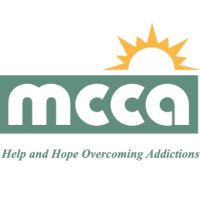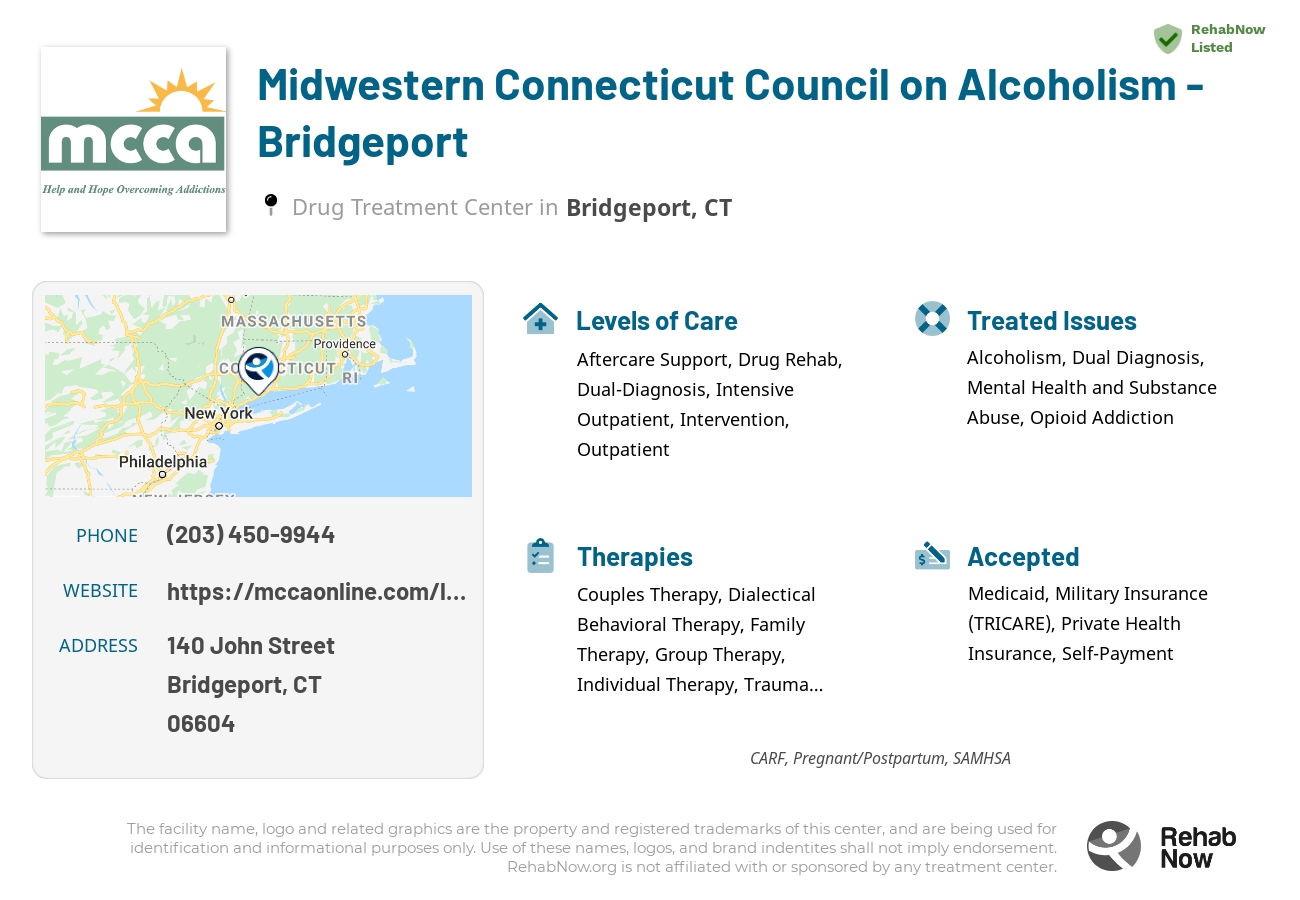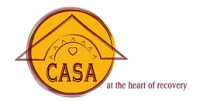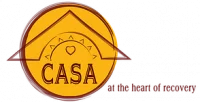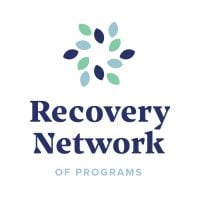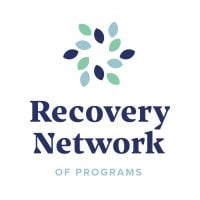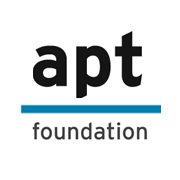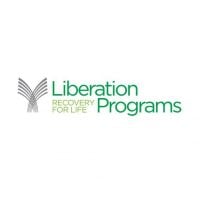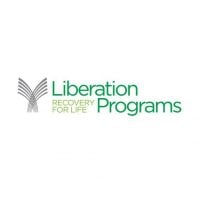Midwestern Connecticut Council on Alcoholism - Bridgeport
Drug Rehab Center in Bridgeport, Connecticut
The Midwestern Connecticut Council on Alcoholism in Bridgeport offers an accredited, comprehensive drug rehab program with individualized, tailored services, such as Aftercare Support, Drug Rehab, Dual-Diagnosis, Intensive Outpatient, Intervention, and Outpatient Levels of Care, to ensure successful outcomes for those seeking sobriety while receiving specialized care from trained staff.
About This Connecticut Facility
Midwestern Connecticut Council on Alcoholism (MCCA) in Bridgeport, Connecticut, serves as a beacon of hope and help for individuals grappling with addiction and co-occurring disorders. This non-profit organization is dedicated to providing a wide array of services, including outpatient and intensive outpatient programs. MCCA stands out for its belief that addiction and its accompanying disorders are treatable diseases from which both individuals and families can recover. They emphasize the importance of making high-quality recovery services accessible and affordable for all.
- Comprehensive Approach: MCCA treats addiction, mental health, co-occurring disorders, and gambling, ensuring a holistic recovery journey.
- Variety of Specialized Groups: Offers groups tailored for specific needs, including gender-specific trauma, DBT, and Suboxone groups, among others.
- Affordability and Accessibility: A commitment to ensuring services are accessible and affordable, addressing the financial barrier to receiving quality treatment.
MCCA is recognized and accredited by CARF (Commission on Accreditation of Rehabilitation Facilities) and SAMHSA (Substance Abuse and Mental Health Services Administration), showcasing its adherence to high standards of care and treatment efficacy. Their comprehensive treatment options cater to a broad spectrum of addictions and mental health issues, emphasizing the facility's commitment to quality and effective recovery programs.
Focusing on alcoholism, opioid addiction, dual diagnosis, and more, MCCA offers a range of treatment methods including individual, group, and family counseling. Their levels of care span from intensive outpatient programs to aftercare support, designed to meet individuals where they are in their recovery journey.
Genders
Ages
Modality
Additional
Accreditations
SAMHSA

CARF
The Commission on Accreditation of Rehabilitation Facilities (CARF) is a non-profit organization that specifically accredits rehab organizations. Founded in 1966, CARF's, mission is to help service providers like rehab facilities maintain high standards of care.
Conditions and Issues Treated
Substance Abuse Treatment is important when getting sober, as it helps addicts learn the skills they need to live a clean life. There are many different kinds of recovery treatment, including medication-assisted therapy, behavioral therapeutic approaches and self-help groups, as well as counseling.
Opioid abuse has become a national epidemic in the last decade. The US has one of the world’s highest rates of opioid use and abuse, as well as opioid-related deaths. Opioids are classified as Schedule II-IV controlled substances in the US due to their high potential for abuse.
Oxycodone, hydrocodone, methadone, and fentanyl are the most common Opioids and are commonly prescribed to treat pain. Tolerance to opioids develops over time, making life difficult, if not impossible, without them. Opioid users often obtain the drugs illegally. They can be drug dealers, friends, or family members who do not have valid prescriptions.
The desire for a more intense high than prescription opioids can quickly lead to heroin use. Heroin users are more prone to illness and death due to the high risk of overdose.
Many opioid addicts who seek treatment believe that the only way to overcome their addiction is through medical detox and long-term drug addiction rehab. To help patients wean off their addiction and reduce the risk of overdose, medication-assisted therapy (MAT) involves prescribing a replacement opioid. Doctors use MAT in conjunction with other anti-craving medications to help patients maintain recovery. Due to the high risk of relapse, MAT is often combined with individual and group counseling and social support programs.
When addiction and psychiatric issues co-occur, the addict’s recovery is more successful when both conditions are treated. A dual diagnosis refers to a condition in which the patient is diagnosed with two health issues: addiction and bipolar disorder. The most common therapies are psychotherapy, behavioral therapy, spiritual counseling, 12-step programs, and medication management.
Levels of Care Offered at Midwestern Connecticut Council on Alcoholism - Bridgeport
This center offers a variety of custom treatment tailored to individual recovery. Currently available are Aftercare Support, Drug Rehab, Dual-Diagnosis, Intensive Outpatient, Intervention, Outpatient, with additional therapies available as listed below.
Intensive outpatient treatment is a form of addiction care that allows patients to continue living at home while undergoing treatment. This type of care is appropriate for patients who have been treated in residential treatment programs. Intensive outpatient programs include regular visits to the facility providing therapy, and patients gradually return to their routine life. IOP benefits most when patients have a supportive family member or friend to help them recover.
The first step to getting into an intensive outpatient program is to attend a detoxification facility. Detoxification facilities are designed to remove substances from the body safely. The patient will attend sessions designed to help them understand their addiction and its impact on their lives. While in an intensive outpatient program, therapy sessions are scheduled three to five times per week, with the patient attending no more than two sessions in one day.
An outpatient treatment program is set up to help with alcohol or drug addiction or a co-occurring disorder. The patient must attend the facility for their therapy and other programs but can return home each night.
The frequency of mandatory attendance decreases after much of Midwestern Connecticut Council on Alcoholism - Bridgeport‘s program is complete.
Outpatient treatment is a recovery approach that allows recovering addicts to live at home while getting rehab for addiction
An outpatient can include day treatments which include attending group sessions one hour per week. A person living in an outpatient environment may be allowed the opportunity to work full time if they choose to and continue studies without interruption from drugs/alcohol.
Outpatient treatment is an option for people who want to maintain their careers and families. Outpatients live at home but attend treatment such as individual counseling, group counseling, or twelve-step meetings during the day.
Interventionism is a technique used to help an addict get clean and sober. The process begins with the addict’s family, friends, and co-workers gathering together to confront the addict about their addiction. This kind of treatment aims to get the addict in touch with their feelings about their addiction. They are encouraged to speak honestly about their drug use, as well as how it’s making them feel. Most addicts come to understand that their loved ones are only trying to help them.
Aftercare support is vital to the success of someone in drug or alcohol treatment. It involves assisting with entering a sober living home, getting career counseling or educational assistance and even getting the individual lined up with programs like AA and NA. This support helps recovering addicts readjust to normal day-to-day activities and maintain sobriety.
When a person is in drug or alcohol treatment, they have to increase their focus on themselves. They need to learn how to recognize the triggers that cause them to relapse and learn the habits that would benefit them if they were to be sober. This is all part of the growth in recovery, and aftercare is essential to that process.
Therapies & Programs
At Midwestern Connecticut Council on Alcoholism - Bridgeport , to learn from past mistakes and improve one’s situation, the recovering person meets individually with a therapist. The counselor or therapist will address addiction causes, triggers, mental issues, dual diagnosis, and aftercare plans during this time. This is a very intense and challenging process. Some clients find it easier to open up to someone other than family or friends who understand their struggles with addiction.
Couples therapy sessions are typically used to help couples in recovery from drug addiction work through their issues. These types of sessions can be beneficial for many reasons, including the fact that they add a layer of accountability when both partners in a couple are recovering from addiction.
Therapy can also provide addicts with another effective way to cope with stress and avoid relapse during difficult situations. This type of therapy can help improve communication with their partners, which can strengthen the relationship and prevent future problems that might lead to relapse.
Family therapy is a crucial part of drug treatment and getting sober. It is one of the most effective ways to help addicts stay on the path to long-term sobriety. An addict’s family can play a vital part in helping them to avoid relapse. They can spot the warning signs and help them get back on track.
In group therapy, recovering addicts meet with a therapist and other people in recovery. Some groups are closed, meaning only people who share the same addiction or problem can attend. Others are open to anyone who wants to stop using drugs or drinking alcohol. Group therapy sessions typically focus on one topic each week or month so that recovering addicts can discuss issues they face daily.
Trauma therapy allows people to face and learn from past traumas.
Many people suffer childhood traumas that lead to adult addiction. During treatment at Midwestern Connecticut Council on Alcoholism - Bridgeport [/type], you can move forward in your recovery and reclaim your sober future! Trauma is a common cause of psychological disorders like Addiction Disorder. It’s common in Addictive Disorders patients because traumatized people have strong emotions or thoughts that lead to addictive behaviors.
Dialectical Behavior Therapy (DBT) is a type of therapy created in the late 1980s and early 1990s. It was designed to help people with high rates of suicidal behavior.
The goal of DBT is to teach mindfulness, distress tolerance, emotion regulation, and interpersonal effectiveness to help people learn how to live a life that is no longer controlled by overwhelming emotions and urges.
DBT is beneficial in treating drug addiction because it helps patients understand and cope with their cravings for drugs or alcohol rather than turning to those substances as a way of coping.
Cognitive Behavioral Therapy (CBT) is based on the idea that how we feel, think and act all interact together. It helps people explore their thoughts for problems (or false beliefs) that influence their mood and actions. CBT is very goal-oriented, which means that the therapist and patient work together on a specific problem. In addition to helping a client focus on thoughts that can be changed, CBT also allows them to take an active role in their treatment. Our thoughts determine our feelings and behaviors; our feelings affect our thoughts, and our behaviors change our thoughts and feelings.
The 12-step program is designed for people who suffer from addiction. It helps addicts to recover and live a normal life. This program is used in almost all substance abuse treatments. The 12 steps include:
- Admitting the problem.
- Focusing on the recovery process.
- Making amends with others.
- Believing in a higher power.
In this program, peers help each other to achieve the goal of abstinence. The founders of Alcoholics anonymous initially developed the 12-step program. According to its successful results, it is used as a part of other substance abuse treatments. The program provides cognitive restructuring to an individual to change negative thoughts, which leads to long-term benefits.
Contingency Management (CM) is one of many forms of Cognitive Behavioral Therapy (CBT). It helps people get sober/clean by rewarding them for sobriety or potentially just staying clean. Contingency management has been around in some form since the late ’60s but didn’t start getting used until the late ’80s and early ’90s.
The first time it was used, research indicated that people who received rewards for not using drugs stayed in treatment longer and had much better outcomes than those who didn’t get rewarded. Rewards can come in many forms, like getting paid $10-$15 per drug-free urine sample or even just getting extra points towards earning something as simple as extra phone privileges. Rewards can also be more complicated, such as points towards housing or a place to live rent-free for a month if an individual stays clean for six months.
Research has shown how important it is to have contingencies in place for those who leave treatment or relapse to ensure that the individual doesn’t end up back in therapy. Research has shown that when people are not given any reward system upon leaving treatment, they relapse much more often than those who use some contingency management (CM).
Payment Options Accepted
For specific insurance or payment methods please contact us.
Is your insurance accepted?
Ask an expert, call (888) 674-0062
Midwestern Connecticut Council on Alcoholism Associated Centers
Discover treatment facilities under the same provider.
- MCCA McDonough House and Detox - Danbury in Danbury, CT
- MCCA - New Haven Clinic in New Haven, CT
- MCCA Danbury Outpatient Clinic in Danbury, CT
- MCCA Derby Outpatient Clinic in Derby, CT
- MCCA - Trinity Glen Women's Program in Kent, CT
Learn More About Midwestern Connecticut Council on Alcoholism Centers
Additional Details
Specifics, location, and helpful extra information.
Bridgeport, Connecticut 6604 Phone Number(203) 450-9944 Meta DetailsUpdated April 15, 2024
Staff Verified
Patient Reviews
There are no reviews yet. Be the first one to write one.
Bridgeport, Connecticut Addiction Information
Connecticut has a higher rate of substance abuse and addiction than the national average. The state ranks in the top 10 in the country for illicit drug dependence among those ages 18 to 25. In 2010, there were 9,211 people admitted to an alcohol treatment facility for alcohol abuse combined with a secondary drug. Connecticut ranked fifth in the United States of America for the number of fatalities involving drunk driving in 2014.
10% of Bridgeport residents reported using illicit drugs. There were 2,737 drug-related incidents in 2019. Of these incidents, 1,964 were for illegal drug use or possession and 773 were for drug paraphernalia. 28% of people who abuse drugs are also alcoholics. Drug and alcohol rehab centers in Bridgeport offer a variety of treatment options that can help people recover from addiction.
Treatment in Nearby Cities
- Lebanon, CT (59.8 mi.)
- Essex, CT (42.5 mi.)
- New Haven, CT (16.3 mi.)
- Stratford, CT (3.0 mi.)
- Wallingford, CT (27.1 mi.)
Centers near Midwestern Connecticut Council on Alcoholism - Bridgeport
The facility name, logo and brand are the property and registered trademarks of Midwestern Connecticut Council on Alcoholism - Bridgeport, and are being used for identification and informational purposes only. Use of these names, logos and brands shall not imply endorsement. RehabNow.org is not affiliated with or sponsored by Midwestern Connecticut Council on Alcoholism - Bridgeport.
